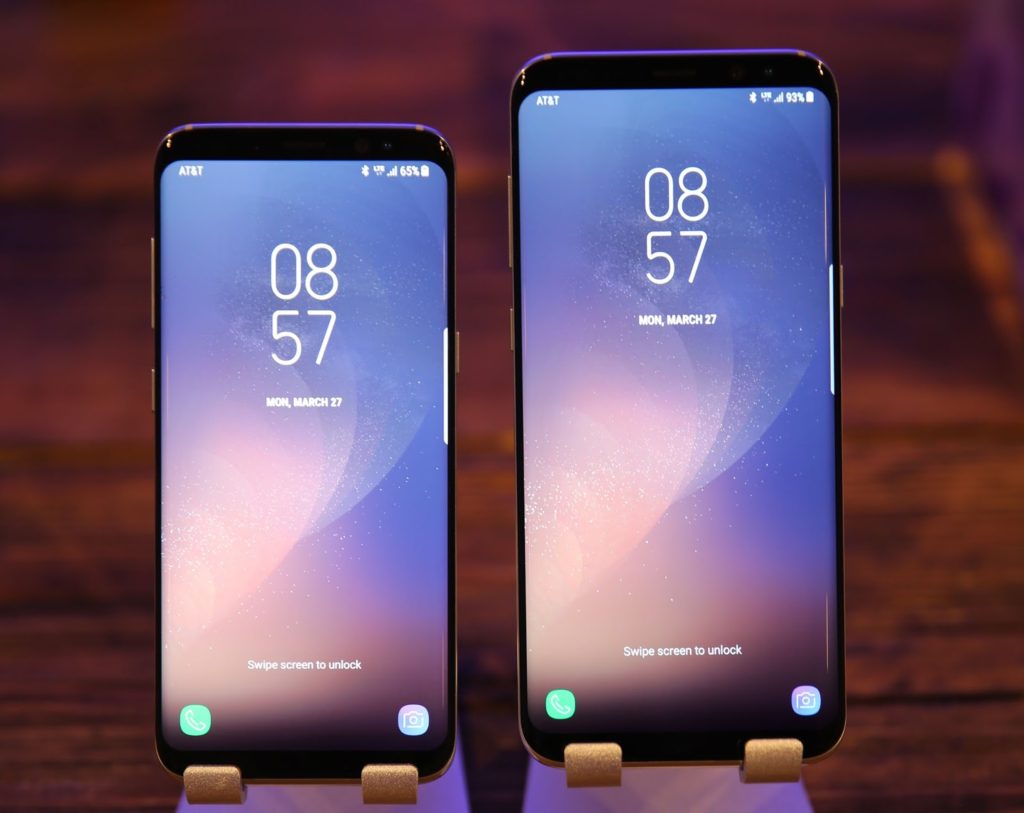Introduction:
Car window tinting has become a popular choice for vehicle owners looking to enhance privacy, reduce glare, and improve aesthetics. But beyond these benefits, many wonder whether window tinting can effectively block harmful UV rays. In this comprehensive guide, we’ll delve into the science behind car window tinting and explore its effectiveness in blocking UV rays to protect you and your passengers.
Understanding UV Rays:
UV (ultraviolet) rays are a form of electromagnetic radiation emitted by the sun. These rays are categorized into three types: UVA, UVB, and UVC. While UVC rays are mostly absorbed by the Earth’s atmosphere, UVA and UVB rays can penetrate the atmosphere and reach the Earth’s surface. Prolonged exposure to UVA and UVB rays can lead to skin damage, premature aging, and an increased risk of skin cancer.
How Car Window Tinting Works:
Car window tinting involves applying a thin film to the interior surface of the vehicle’s windows. This film is typically made of polyester and may contain additional layers for UV protection, heat rejection, and glare reduction. The tint film works by selectively blocking or absorbing certain wavelengths of light, including UV rays, while allowing visible light to pass through.
Effectiveness of Car Window Tinting in Blocking UV Rays:
The effectiveness of car window tinting in blocking UV rays depends on various factors, including the type of tint film, its quality, and the level of UV protection it offers. High-quality tint films with UV-blocking properties can significantly reduce the amount of UV radiation that enters the vehicle’s interior, thereby protecting occupants from potential harm.
Types of UV Protection in Window Tinting:
- UV-Absorbing Tint Films: These tint films contain special additives or coatings that absorb UV radiation, converting it into harmless heat. By absorbing UV rays, these films prevent them from reaching the skin and causing damage.
- UV-Reflective Tint Films: UV-reflective tint films are designed to reflect UV radiation away from the vehicle’s interior, similar to how a mirror reflects light. These films create a barrier that prevents UV rays from penetrating the windows, providing effective protection against UV exposure.
- Ceramic Tint Films: Ceramic tint films are known for their superior heat rejection properties, but they also offer excellent UV protection. These films contain ceramic particles that block both infrared and UV radiation, keeping the interior cool and protected from the sun’s harmful rays.
Benefits of UV Protection:
- Skin Protection: UV protection provided by car window tinting helps reduce the risk of skin damage, sunburn, and skin cancer caused by prolonged exposure to UV rays while driving.
- Interior Protection: UV rays can cause fading, discoloration, and deterioration of the vehicle’s interior components, including upholstery, dashboard, and trim. By blocking UV radiation, car window tinting helps preserve the interior’s appearance and prolong its lifespan.
- Comfort: Blocking UV rays helps maintain a comfortable interior temperature, reducing the need for excessive air conditioning and improving overall driving comfort, especially during hot and sunny days.
Conclusion:
Car window tinting can effectively block UV rays, providing valuable protection for you and your passengers while driving. By choosing high-quality tint films with UV-blocking properties and professional installation, you can enjoy the benefits of UV protection, enhanced privacy, and improved aesthetics in your vehicle. For expert car window tinting in Orlando, contact Turbo Tint Orlando today and experience the difference firsthand.










![How to Unlock Bootloader without PC On Android [2022]](https://cracktech.net/wp-content/uploads/2019/02/unlock-boot.png)